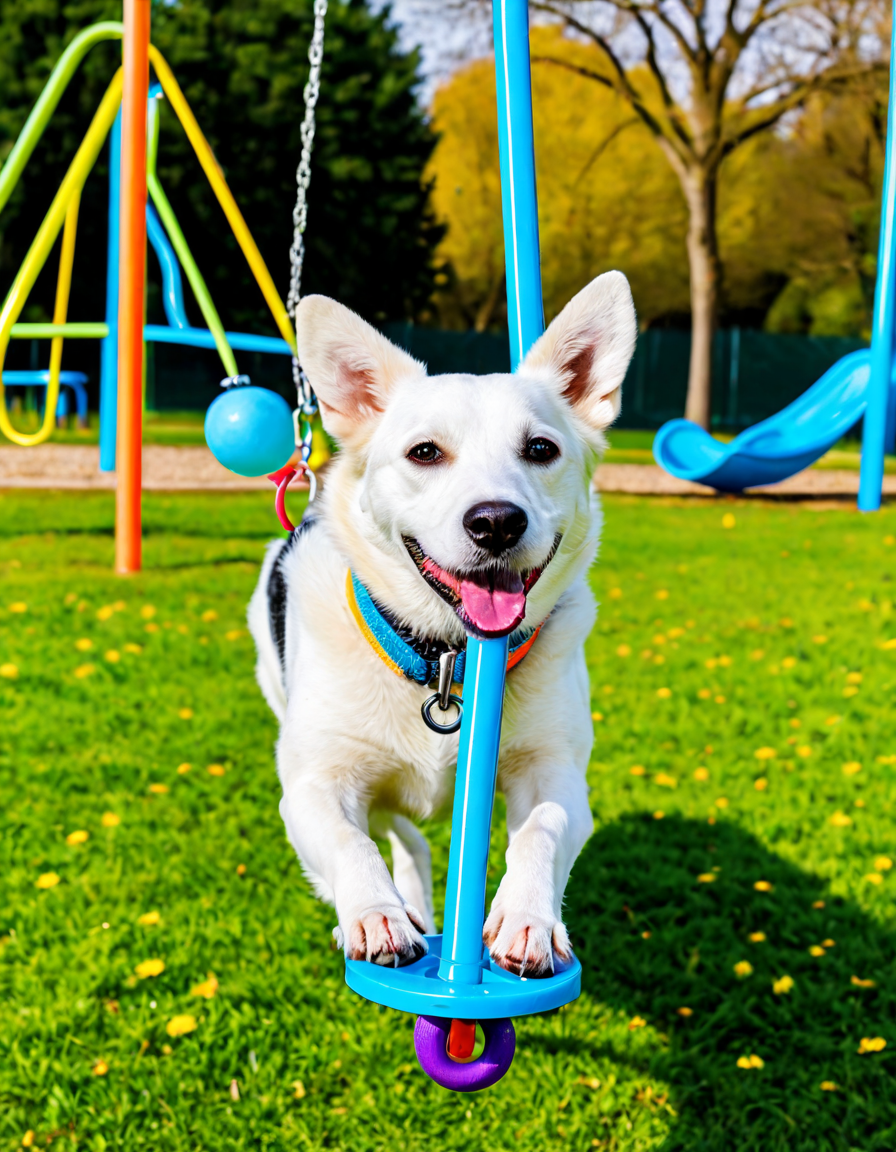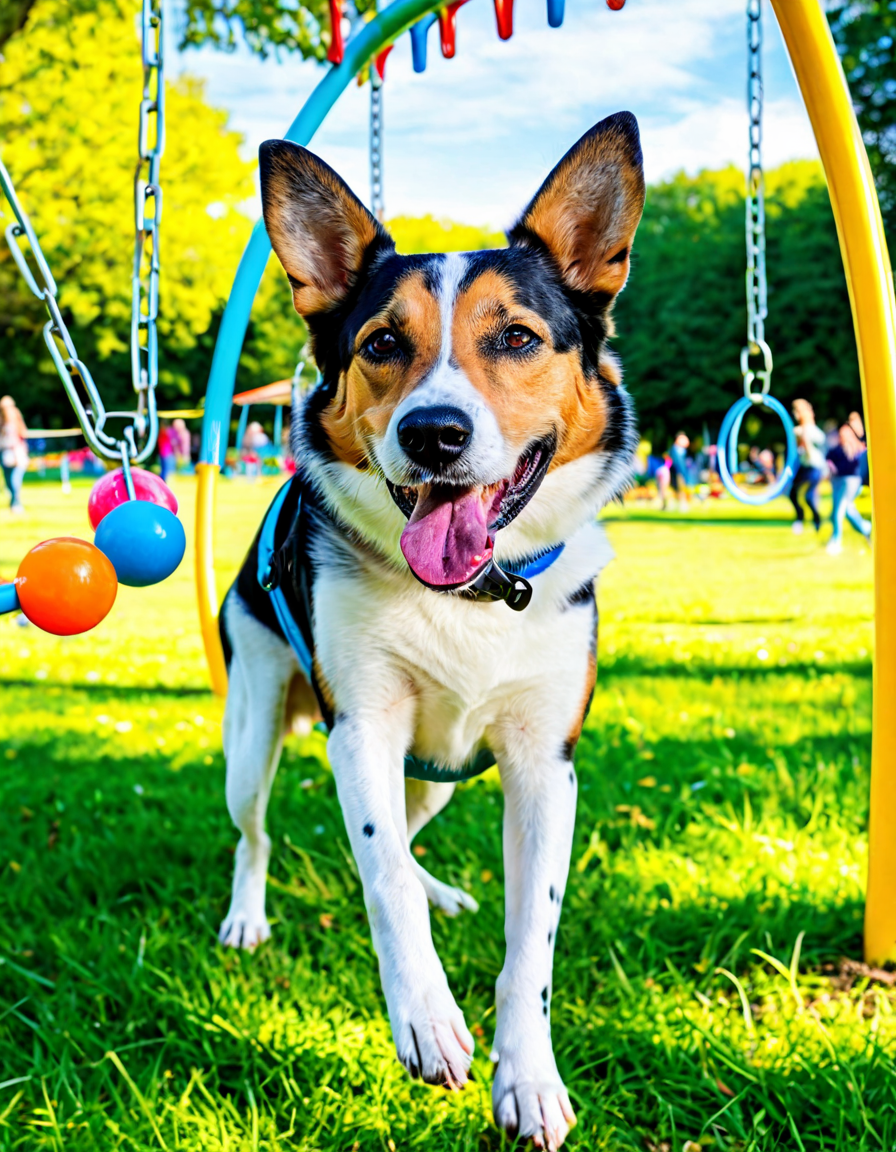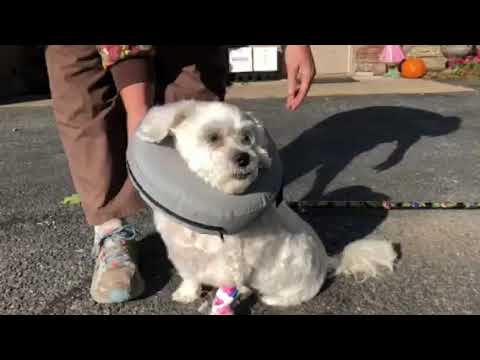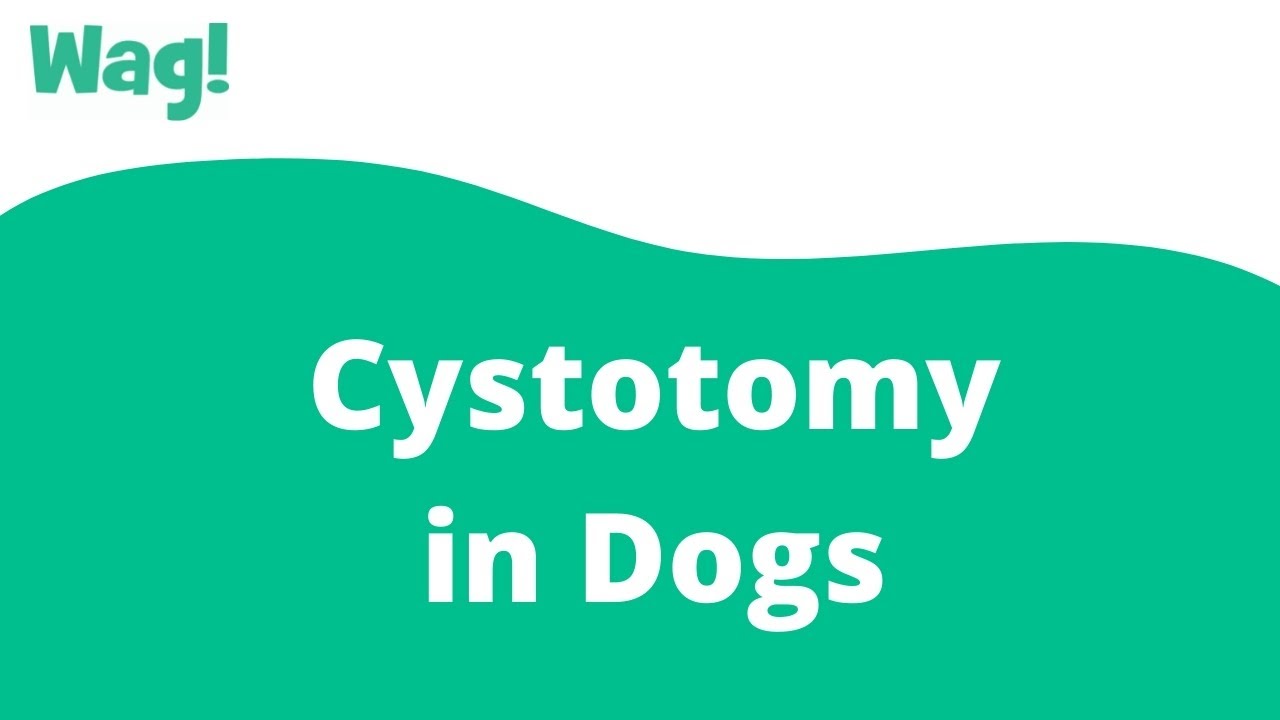Cystotomy dog surgery is a vital procedure that can save the lives of our four-legged friends. This surgery focuses on removing bladder stones, addressing tumors, and tackling other critical bladder issues. Untreated bladder complications can wreak havoc on a dog’s health, leading to urinary tract infections or even kidney failure. Thankfully, as of 2026, innovations in veterinary medicine have made cystotomy dog surgery safer, quicker, and more effective than ever before.
7 Reasons Cystotomy Dog Surgery is Essential for Canine Health
1. Effective Removal of Bladder Stones
One of the leading reasons dogs undergo cystotomy is to eliminate bladder stones, known scientifically as uroliths. These stones can cause excruciating pain and threaten a dog’s life if they block the urinary tract. Breeds like Bulldogs and Yorkies are particularly susceptible, making this surgery crucial. By performing a cystotomy, veterinarians can efficiently extract these stones, significantly improving the overall well-being of the canine patient.
2. Treatment of Bladder Tumors
Bladder tumors can be a real concern for dogs as they can lead to serious health complications. A cystotomy is often necessary to remove these tumors. For example, a case reported in 2025 involved a 7-year-old Labrador Retriever diagnosed with a bladder tumor. During a cystotomy, the tumor was removed successfully, leading to a full recovery and extending the dog’s life significantly.
3. Resolution of Recurrent Urinary Tract Infections
Chronic urinary tract infections (UTIs) can plague some dogs, especially breeds like Dachshunds and Maltese. These infections can lead to severe complications if left unchecked. By conducting a cystotomy, veterinarians can identify and eliminate the root causes of recurrent UTIs, such as stones or tumors. This not only relieves discomfort but also offers lasting health benefits.
4. Understanding Hormonal Influences on Bladder Health
Hormonal imbalances can adversely affect a dog’s bladder, resulting in complications that often require surgery. For instance, some female dogs may experience recurrent infections due to hormonal changes. A 2024 study highlighted a potential link between hormonal therapy and reduced cystotomy rates in females, indicating a promising avenue for future treatments.
5. Improving Quality of Life in Dogs with Congenital Bladder Issues
Some dogs are born with anatomical defects that affect bladder functionality. A deformed dog may suffer from consistent blockages or infections due to an irregularly shaped bladder. A cystotomy can address these issues effectively, providing long-term solutions and significantly enhancing the dog’s quality of life.
6. Addressing Cutaneous Horns Associated with Bladder Issues
In rare instances, dogs develop cutaneous horns due to skin irritations linked to bladder infections. These horns can be uncomfortable and usually require surgical intervention. During a cystotomy, veterinarians can both treat bladder issues and remove the horn, leading to health and cosmetic improvements that allow dogs to live happier lives.
7. Supporting Dogs with Comorbid Conditions like Horner’s Syndrome
Many dogs suffer from multiple health issues simultaneously. Cystotomy can relieve chronic pain caused by bladder stones, which may also improve symptoms related to conditions like Horner’s syndrome. This interconnected approach to treating ailments sheds light on the benefits of addressing canine health comprehensively.

The Role of Advanced Techniques in Cystotomy and Canine Health
The evolution of veterinary practices has substantially increased the safety and success rates of cystotomy surgeries. Techniques such as minimally invasive cystoscopy allow for precise diagnosis of bladder conditions with reduced trauma to dogs. Innovative technologies, like ultrasound imaging, help in accurately locating stones or tumors before the surgical procedure, minimizing both operation time and recovery periods.
Additionally, the implementation of advanced anesthetic protocols specific to canine patients reduces risks associated with surgery and leads to quicker recoveries. Many dogs can return to their usual activities within weeks, which means they get back to their happy, playful selves sooner than ever.
Innovations in Post-Surgical Care for Dogs
Post-operative care following cystotomy has improved dramatically over the recent years. New pain management strategies, including the use of non-steroidal anti-inflammatory drugs (NSAIDs), ensure that dogs experience greater comfort during recovery. Furthermore, educating dog owners about signs of potential complications and when to seek immediate care remains crucial for successful recovery outcomes.
Pet owners play an essential role in monitoring their dogs after the procedure. Recognizing unusual behaviors or physical signs can make all the difference in ensuring the health and wellness of their beloved pets.

Moving Forward: The Future of Cystotomy in Canine Care
As we move through 2026, discussions about cystotomy dog surgery will likely continue to evolve. The fusion of technology with veterinary care is paving the way for more accurate diagnostics and targeted treatments for dogs suffering from bladder concerns. Personalized approaches, especially for breeds prone to specific issues like fabella and patella problems, signal a promising trend.
Moreover, there’s growing awareness of how preventative care can significantly reduce the likelihood of surgeries like cystotomy. By prioritizing urinary health, pet owners can make a huge difference in their pets’ lives, steering them clear of serious health issues down the line. It’s an exciting time for canine health, and educated pet ownership will undoubtedly play a key role in influencing the future landscape of veterinary medicine.
In conclusion, cystotomy dog surgery is a life-saving procedure that addresses various canine health issues. Whether it’s removing bladder stones, treating tumors, or resolving infections, understanding the importance of this surgery can empower pet owners to make informed decisions. Together, let’s ensure our furry friends enjoy longer, healthier lives—because every pup deserves the best care possible! For more information on veterinary advice and health, don’t miss checking resources like the Veterinary Oral Health Council to keep your pet’s overall wellness in check.
Cystotomy Dog: Fun Trivia and Interesting Facts
What You Need to Know About Cystotomy Dogs
Did you know that dogs can suffer from urinary stones, similar to how humans can? One commonly performed procedure to treat this condition is called cystotomy. This surgery allows veterinarians to remove the stones from a dog’s bladder. Speaking of unique features, have you ever wondered if Corgis have tails? While they might be adorable no matter their tail situation, cystotomy can be a life-saving operation for dogs dealing with bladder issues.
The Link Between Health and Activity
Interestingly, active breeds, like those running around in the NFL, are more prone to injuries such as an ACL tear. Keeping a dog’s overall health in check can help prevent complications that might lead to conditions requiring surgeries like cystotomy. Knowledge about the best antibiotic ointment For Dogs is another handy tidbit for pet owners; proper wound care can speed recovery if your pup has undergone surgery.
Who Knew Surgery Could Be So Interesting?
You might be surprised to learn that cystotomy isn’t just about relieving discomfort. It can also help with more serious issues, such as bladder infections. In fact, just like the stunning feats of athletes like Monique Ganderton, whose strength and stamina impress us all, knowing about these surgeries can better prepare pet owners to handle their dogs’ health. As with any medical procedure, thorough preparation and understanding can alleviate anxiety about the unknown.
In closing, caring for our furry buddies involves a lot more than just food and playtime. Just as you’d look into criminal psychology or learn about safe places like Albert Lea for travels, being informed about important surgical procedures like cystotomy can empower dog owners to make the best choices for their beloved pets.






